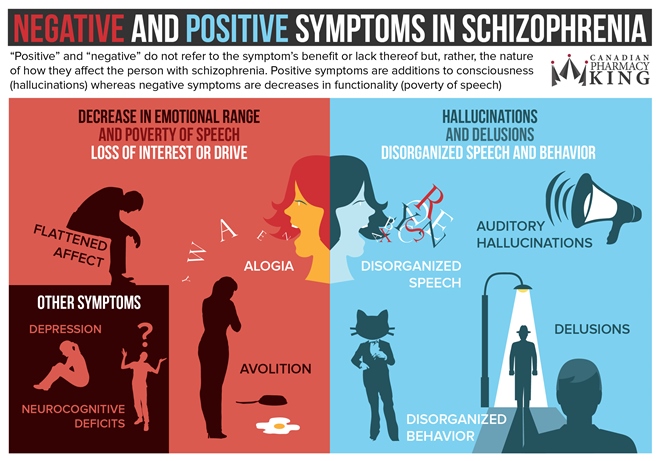World Schizophrenia Awareness Week 2022

Schizophrenia is a mental illness that causes people to experience reality in a different way. It affects one in 100 Australians and is a highly stigmatized, often misunderstood illness.
At Graylands Hospital, many of our mental health staff are specialists in treating patients with schizophrenia including Dr Neil Das, a Lead Consultant in the Hospital Extended Care Service. Along with their efforts to pursue service improvements, staff in this program are engaged in doctoral research investigating patient and healthcare delivery issues to expand treatment of schizophrenia and other mental illness. Dr Das explains that the goal of staff at Graylands treating patients with schizophrenia is to ‘collaboratively work to reconnect patients with their loved ones’ in the hope that they can live a supported and meaningful life in their community.
This week is World Schizophrenia Awareness Week (external site). The very fact that this mental illness has a global space devoted to its acknowledgement speaks to the importance of the theme for this year: Connecting with Hope. The key aims this year are to bust myths associated with schizophrenia, recognize that recovery is possible and give people hope, both those who experience this illness and those close to them.
Following this year’s campaign, we bring you eight little-known facts about schizophrenia to expand your understanding of this illness and take one step forward in ‘connecting with hope’.
-
Globally, at least one third of people with schizophrenia experience complete remission of symptoms. Dr Das says “Every patient of schizophrenia has a potential to get better and live a better quality of life. Our positive attitude towards them and genuine intention to help them can drastically change their overall clinical outcome.”
-
Research suggests a link between schizophrenia and creativity; there is similarity in thought processes between people with schizophrenia and those with extreme creativity.
“highly creative people manage to see unusual connections in problem-solving situations that other people miss. Schizophrenics share this same ability to make novel associations.”
Creative minds 'mimic schizophrenia' - Michelle Roberts (external site) -
Schizophrenia symptoms tend to present tend earlier in men (teens and 20s) than in women (external site) (20s and 30s) and rarely presents in people over the age of 45.
-
People with schizophrenia are 2 to 3 times more likely to die early than the general population (external site). This is often due to physical illnesses, such as cardiovascular, metabolic, and infectious diseases. Dr Das adds:
-
Stigma against people with schizophrenia is extreme (external site), “causing social exclusion, and impacting their relationships with others, including family and friends. This contributes to discrimination, which in turn can limit access to general health care, education, housing, and employment.
-
Schizophrenia is not just about psychosis; people with schizophrenia often also experience persistent difficulties with their cognitive or thinking skills, such as memory, attention, and problem-solving (external site).
-
Around the world, 50% of people in mental health hospitals have a schizophrenic diagnosis (external site).
-
The causes of schizophrenia are not definitely known but in addition to genetic and environmental factors, it has been suggested that impacts on the mother while a child is in the womb (external site) may contribute to development of schizophrenia in the child later in life.


